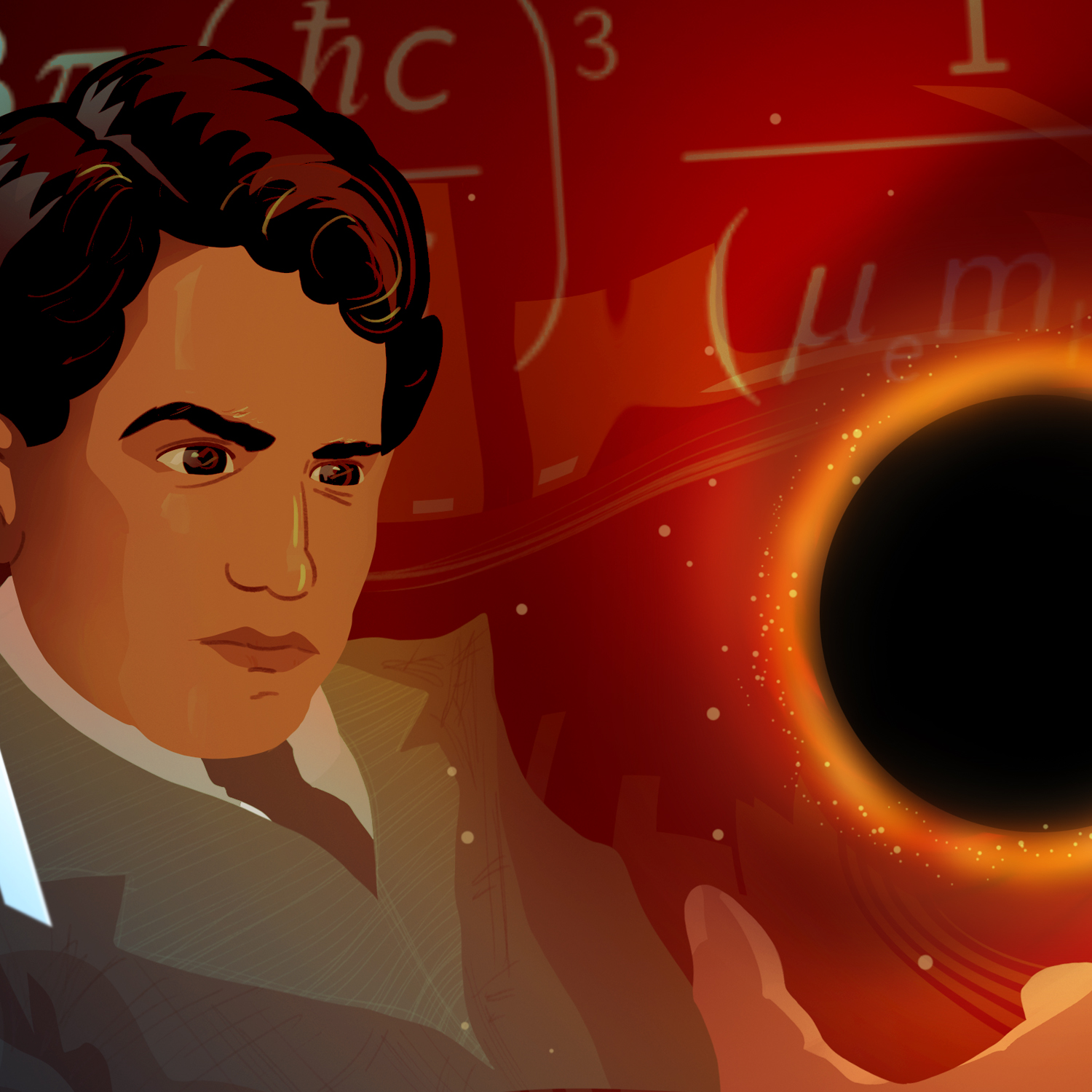
Black holes could unlock the mysteries of creation and live at the heart of nearly every galaxy. But these invisible balls of extremely dense matter have never been fully understood, especially when they were only a theory. We travel through a cosmic wormhole back to the 1930s to learn how the first astrophysicist to successfully theorize a black hole, Subrahmanyan Chandrasekhar, was ridiculed and rejected by his scientific community.
This is the first episode of a two-part journey celebrating the 25th anniversary of the Chandra X-ray Observatory and the Smithsonian Astrophysical Observatory's operation of the space telescope.
Join us this summer for a cosmic journey full of events and virtual resources from around the Smithsonian that will transport you from our closest star, the sun, to the far reaches of the universe. Find the full schedule on our website, si.edu/cosmicjourney. Or follow along on social media @Smithsonian.
Guests:
Kim Arcand, Visualization Scientist and Emerging Tech Lead for NASA's Chandra X-ray Observatory at the Smithsonian Astrophysical Observatory
Priyamvada Natarajan, astrophysicist and professor at Yale University
Arthur I. Miller, author of "Empire Of The Stars: Obsession, Friendship, and Betrayal in the Quest for Black Holes"
More Episodes
 2020-05-13
2020-05-13
 2020-04-29
2020-04-29
 2020-04-15
2020-04-15
 2020-04-01
2020-04-01
 2020-03-18
2020-03-18
 2020-03-04
2020-03-04
 2020-02-26
2020-02-26
 2020-01-22
2020-01-22
 2020-01-08
2020-01-08
 2019-12-25
2019-12-25
 2019-12-11
2019-12-11
 2019-11-27
2019-11-27
 2019-11-13
2019-11-13
 2019-10-30
2019-10-30
 2019-10-16
2019-10-16
 2019-10-02
2019-10-02
 2019-09-18
2019-09-18
 2019-09-04
2019-09-04
 2019-08-21
2019-08-21
 2019-08-07
2019-08-07
Create your
podcast in
minutes
- Full-featured podcast site
- Unlimited storage and bandwidth
- Comprehensive podcast stats
- Distribute to Apple Podcasts, Spotify, and more
- Make money with your podcast
It is Free
- Privacy Policy
- Cookie Policy
- Terms of Use
- Consent Preferences
- Copyright © 2015-2024 Podbean.com




